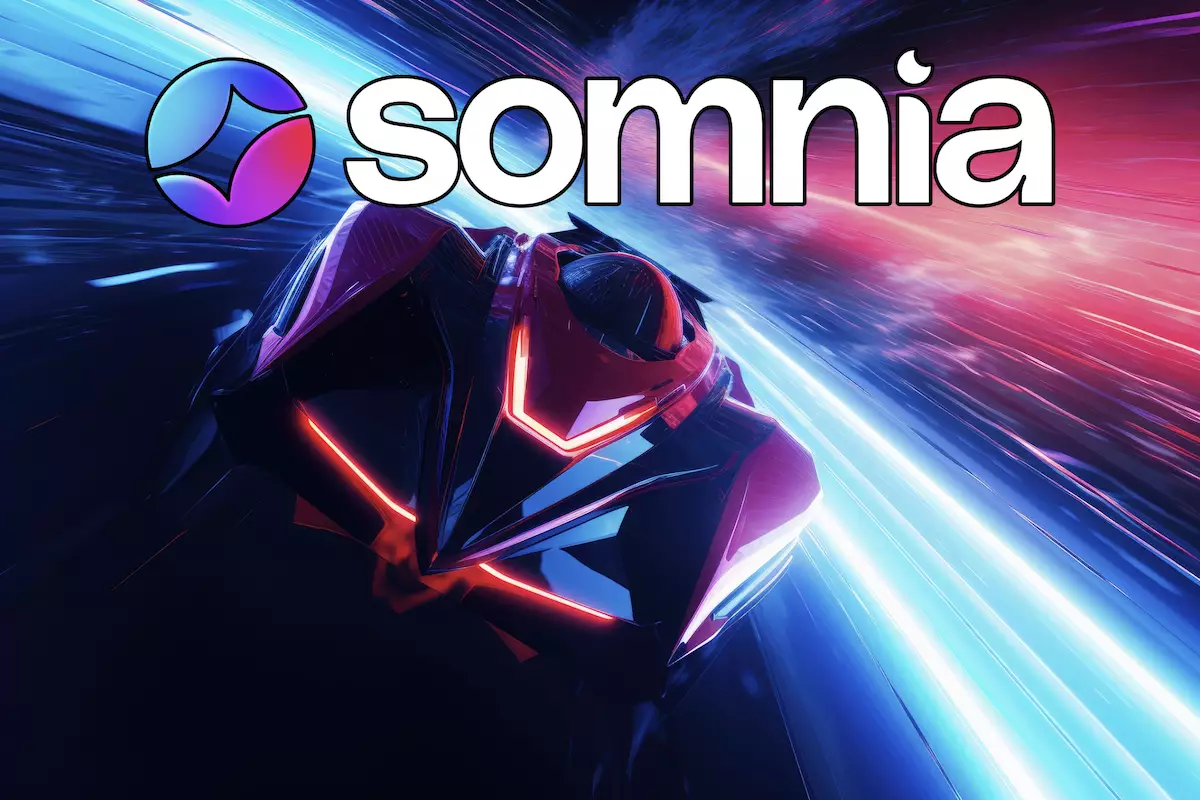In a world increasingly captivated by gaming, Somnia emerges as a pivotal player aiming to disrupt the traditional gaming landscape through blockchain technology. Their ambitious vision involves onboarding millions of conventional gamers by harnessing a Layer-1 blockchain tailored specifically for high-demand consumer applications. By boasting an astonishing capability of processing over 400,000 transactions per second (TPS), Somnia sets itself apart as a solution to some of the most pressing issues faced by both players and developers in the gaming ecosystem. This level of scalability is essential in the fast-paced world of gaming, where latency and lag can prove detrimental to the user experience.
At the heart of this initiative lies Somnia’s substantial financial commitment, epitomized by a $10 million grant program aimed at fostering innovation within the gaming sector. By incentivizing creative teams to develop games and applications on their platform, Somnia not only encourages a diverse range of content but also builds a robust ecosystem that enhances user engagement and retention.
The performance benchmarks established on Somnia’s development network (devnet) provide a glimpse into the future of blockchain gaming. With impressive transaction speeds and reliable scalability, the developers aim to replicate this success on the mainnet, thereby creating an environment where on-chain actions are executed instantaneously. This critical objective seeks to alleviate longstanding problems related to network congestion and high transaction fees, which have historically hindered blockchain gaming’s growth.
Addressing these common pain points empowers developers to focus on creating engaging and intricate game mechanics without the perpetual worry of transaction delays or skyrocketing costs. This unique approach of incorporating built-in events, timers, and verifiable randomness directly onto the platform eliminates the need for cumbersome off-chain systems, ultimately simplifying the development process and preserving the essence of decentralization.
One of Somnia’s defining features is its focus on “reactive” applications—games that intuitively respond to real-world and on-chain events. This paradigm shift signifies a departure from conventional gaming structures that frequently rely on external systems for essential functionalities. By enabling events and responses to exist solely on-chain, Somnia fosters a more cohesive interaction between gaming mechanics and the underlying blockchain technology.
The implications of this functionality extend far beyond mere convenience. It opens up a realm of possibilities for developers to craft dynamic and immersive experiences that are inherently tied to real-time data. Such innovations could influence various sectors, including predictive markets and event-driven advertising, expanding the potential applications of blockchain technology in everyday experience.
In conjunction with its outstanding transaction capability and operational efficiency, Somnia aims to dismantle barriers that have persisted in the gaming industry. By eliminating so-called “gas wars” and prohibitive fees, the platform paves the way for broader adoption among developers and players alike. Additionally, Somnia provides in-house engineering support, bridging the gap between concept and realization. This initiative ensures that everyone from core developers to game designers has access to the resources they need to succeed within the network.
The backing of a generous $10 million Grant Program serves as a catalyst that transforms nascent ideas into fully functional games. This financial support, coupled with comprehensive assistance, serves as a linchpin for innovation, encouraging the emergence of novel blockchain-based applications that could redefine gaming norms.
Somnia has positioned itself as a beacon of possibility in the blockchain gaming sphere, emphasizing the need to liberate game developers from historical technical limitations. As Paul Thomas, the founder of Somnia, articulately stated, “Blockchain gaming has been held back by technical limitations for too long.” This sentiment resonates through the core mission of Somnia, which seeks to provide the necessary tools and decentralization to enable the creation of real-time, large-scale games that captivate players.
Looking ahead, it is clear that Somnia’s initiatives hold the potential to catalyze a transformative shift in the gaming industry, ushering in an era where blockchain is synonymous with innovation and engagement. Through its commitment to scalability, support, and revolutionary technology, Somnia is poised to write a new chapter in the saga of Web3 gaming, ultimately reshaping the landscape for developers and players alike.

